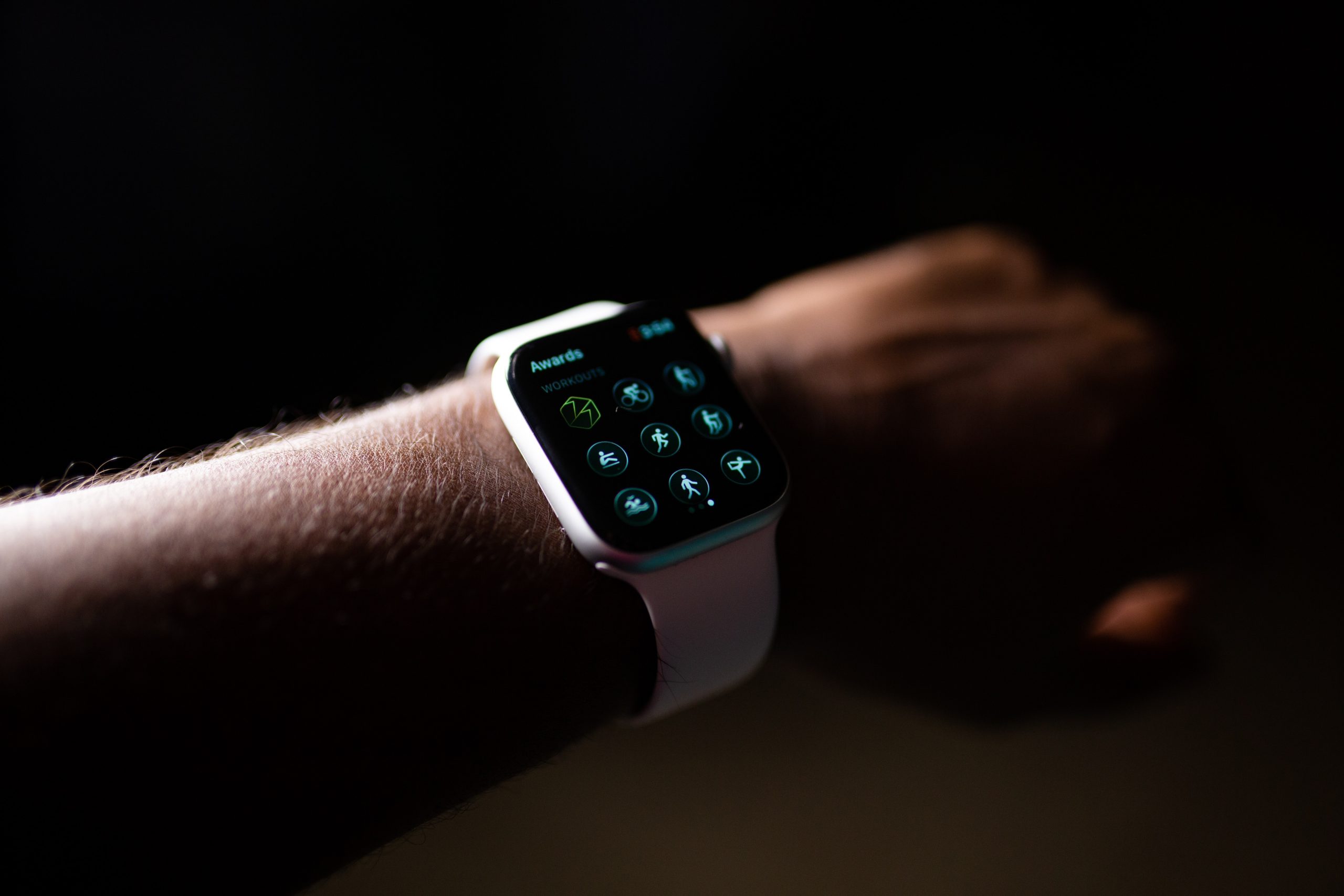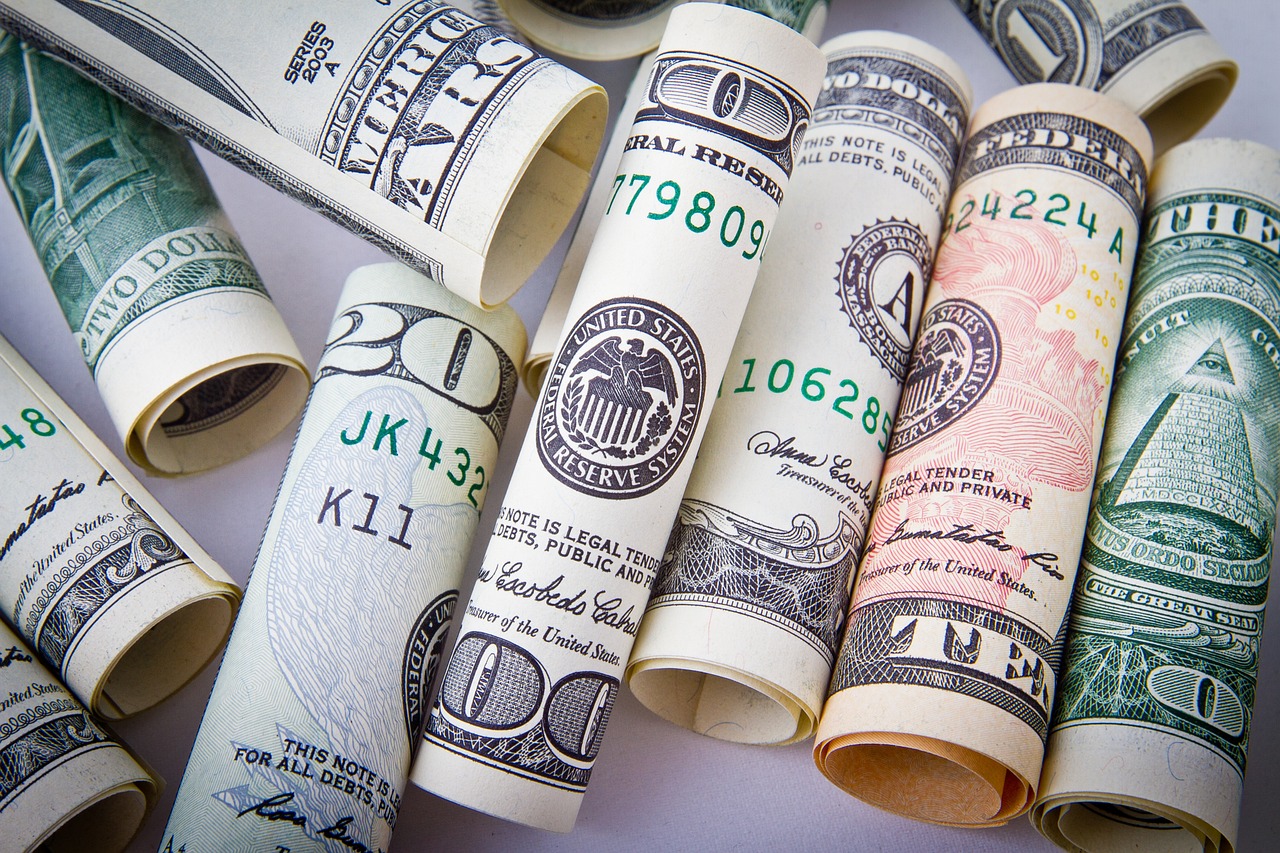The Impact of US Government Spending on the Economy
Government spending is an essential part of any economy, and it can have both positive and negative effects. In the United States, the government spends trillions of dollars each year on a wide range of programs, from defense and infrastructure to social welfare and education. But what is the impact of this spending on the overall health of the economy?
Positive Effects of Government Spending
One of the main ways that government spending can benefit the economy is by creating jobs. When the government spends money on infrastructure projects, for example, it creates employment opportunities for workers in construction, engineering, and related fields. This, in turn, can stimulate spending in other areas of the economy as these workers have more money to spend on goods and services.
Another positive effect of government spending is that it can stimulate demand in certain industries. For example, when the government provides subsidies or tax breaks to renewable energy companies, it can help to spur innovation and growth in this sector. This can lead to new jobs, increased competitiveness, and a more sustainable economy in the long run.
Finally, government spending can also help to stabilize the economy during times of recession or other economic shocks. By increasing spending on social welfare programs like unemployment benefits and food assistance, the government can help to support those who are most vulnerable during tough times. This can help to prevent a downward spiral in the economy and promote a faster recovery.
Negative Effects of Government Spending
While government spending can have many positive effects, there are also potential downsides to consider. One of the biggest concerns is the impact that it can have on the national debt. When the government spends more money than it collects in taxes, it must borrow money to make up the difference. Over time, this can lead to a growing national debt that can pose a threat to the overall health of the economy.
Another potential negative effect of government spending is that it can lead to inflation. When the government injects large amounts of money into the economy, it can increase demand for goods and services, which can drive up prices. This, in turn, can reduce the purchasing power of consumers and lead to a decrease in economic growth.
Finally, government spending can also be misallocated or wasted. When funds are not used effectively or efficiently, they can fail to achieve their intended goals and can even lead to corruption and abuse.
Conclusion
Overall, the impact of US government spending on the economy is complex and multifaceted. While there are certainly risks and downsides to consider, government spending can also provide important benefits to the economy, including job creation, industry growth, and economic stabilization. The key is to strike a balance between responsible spending and sound fiscal management to ensure that the benefits of government spending outweigh the costs.










